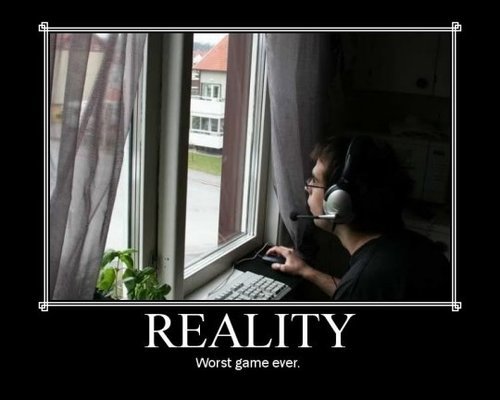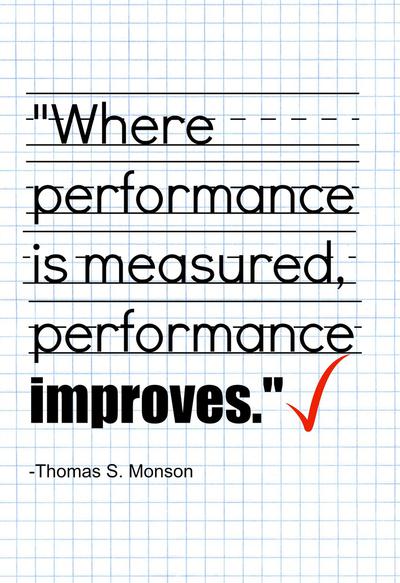It is the nature of all human beings to seek learning through games, a structured paradigm that allows one to grasp new concepts and expand their horizons in a safer environment than the real world. We play house, tag, and create fingerpainting art as children. As we grow, we play sports, more complex games, and create finer works of art. Indeed, from our earliest days we rely on playing as the most effective way to learn about our world and how to live in it. Pondering this topic inevitably led to the question: Why does the playful approach to life stop when we grow up and move into a professional field?
I think part of the reason is due to laziness. Life is complex and robust with few clear rules, and all those elements are opposite of what one might find in a game. Business and organizations always gravitate toward their primary driver (i.e. profits), often to the exclusion of core components and foundational principles. If a proposal doesn’t directly impact the primary goal, then it has a much harder time finding success. Of course the end goal should be to fulfill the organization’s purpose, and any initiative should ultimately support that. The challenge lies in recognizing the indirect drivers that are just as important in achieving success.
I’ve recently had the opportunity to participate in various marketing summits, and while I was walking around the show floor, I came across a partner booth called “Badgeville“, a gamification platform. Essentially, the platform is designed to enhance any business process, whether internal or external facing, with multiple types of game mechanics to increase engagement, participation, effectiveness, and efficiency. Mechanics like achievement tracking, leaderboards, and reward systems all work to incentivize these better results.
Underlying this entire system is an infrastructure of analytics. A strong tracking and reporting mechanism is the bedrock for enabling these gaming mechanics and any subsequent performance improvements. Along these lines, Thomas S. Monson once said, “Where performance is measured, performance improves. Where performance is measured and reported, the rate of improvement increases” (emphasis added). That is exactly what gamification methodology does: sets up clear objectives and reports on performance along the way.
But at an even higher level, game mechanics that work themselves into the fabric of an organization drive much more success. These principles include real-time feedback, focused recognition, public rewards, and valuable compensation for extra efforts. It really boils down to creating an environment that embodies the most encouraging parts about games: generating passion for the cause and work you do.
Jane McGonigal is another interesting voice in the community for better integration of gaming principles in life, as evidenced by her TED talk:
So go for it! Establish your methods and means to achieve more effectiveness, but do not solidify yourself so strongly in one approach to doing things that you become your own worst enemy. Innovate or perish. Adapt or become outdated. Use these principles to enhance your workplace and your life.




Gaming got a bad social rap in America due to misinformation perpetuated by the media. My mission to Taiwan helped me understand how unique the standard American perception of gaming is. (posted from Facebook)
Of course gaming taken to the extreme can overshadow positive benefits, but studies suggest that it is no more or less prevalent than extremism in any other activity. Those that read too much could be considered anti-social. Those that run too much can experience physical and psychological issues. Those that are religious extremists can become extremely dangerous.
However, just because a minority of people in these activities take them to the extreme does not make these activities inherently bad. That is the core difference in the standard American perception of gaming. Only the average American claims that gaming has no inherent value or redeeming qualities, and I reject that premise. (posted from Facebook)